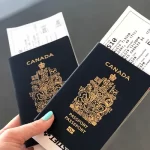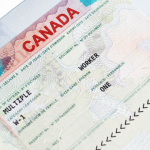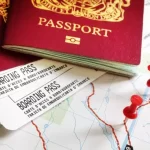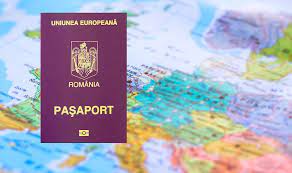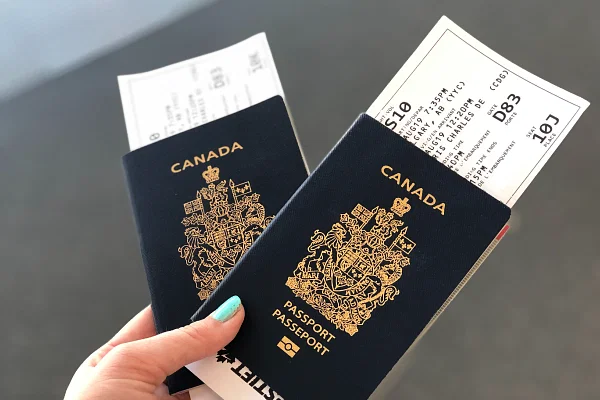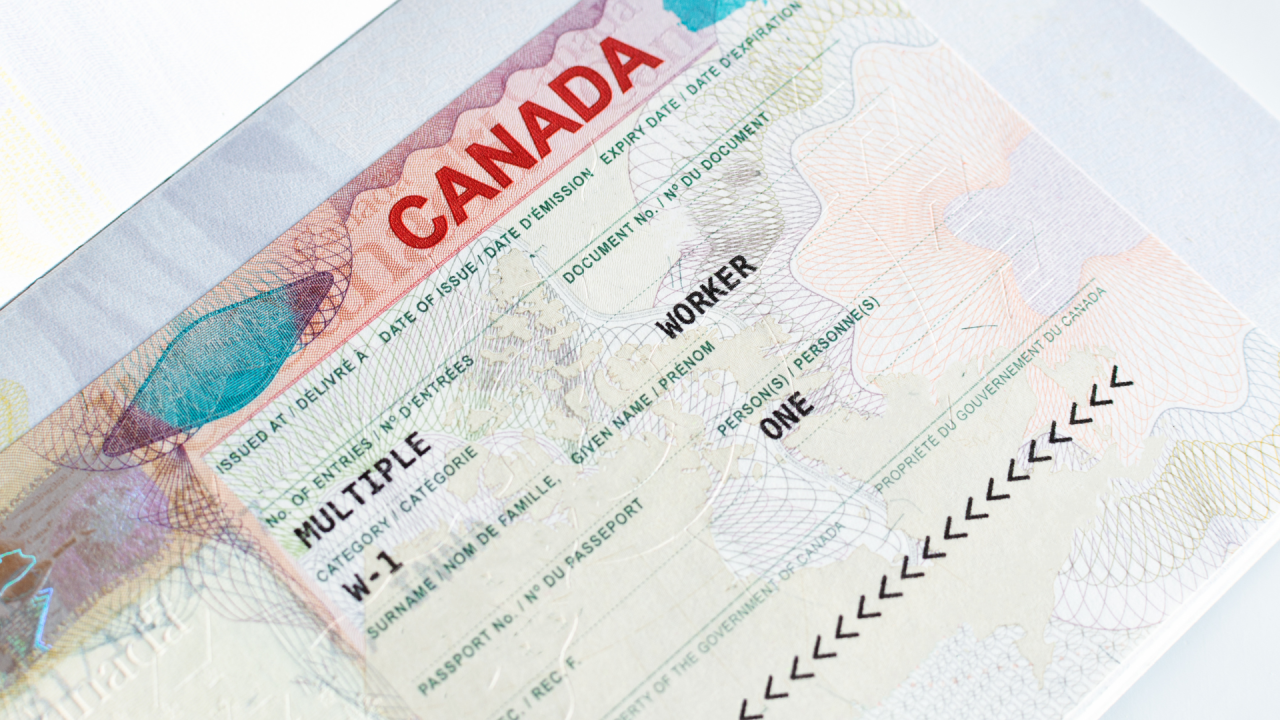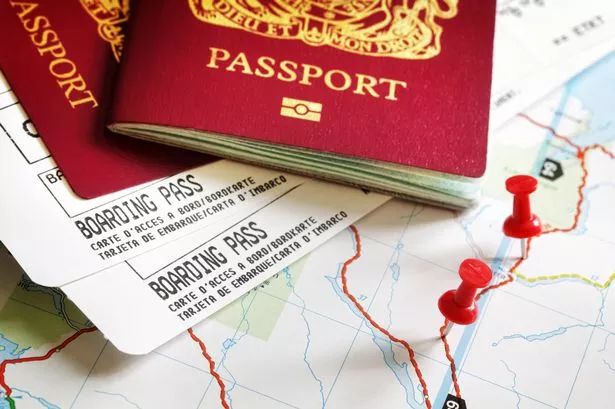Are you dreaming of exploring the land of endless opportunities, vibrant cities, and diverse cultures? Look no further! We have got your back with our ultimate guide to US Visa FAQ. Whether you’re planning a vacation, pursuing higher education, or seeking career opportunities in the United States, this comprehensive article has everything you need to know about obtaining a visa. From different types of visas to the application process and essential tips for success – buckle up as we take you on an exciting journey towards making your American dreams come true! US VISA FAQ
Introduction to US Visas
A visa is an official document that allows a foreign citizen to enter, stay, or work in the United States for a specific period of time. The US government issues different types of visas depending on the purpose of your visit.
In this section, we will provide you with an overview of the different types of US visas and their eligibility requirements. It is important to understand the different categories of visas as each one has its own set of rules and regulations.
Types of US Visas
The US government offers various types of visas, but they can be broadly classified into two main categories: immigrant and non-immigrant visas.
1. Immigrant Visas: These are for individuals who wish to permanently live and work in the United States. They are also known as green cards or permanent resident visas. Immigrant visas have strict eligibility requirements and are limited in number per year.
2. Non-Immigrant Visas: These are temporary visas for individuals who wish to visit the United States for a specific purpose such as tourism, business, study, or medical treatment. Non-immigrant visas have less stringent eligibility requirements compared to immigrant visas.
Common Types of Non-Immigrant Visas
1. B-1/B-2 Tourist Visa: This visa is for short-term visits for business (B-1) or pleasure (B-2). It is usually valid for up to 6 months and allows multiple entries into the country during that time period.
2. F
Types of US Visas and their Requirements
There are many different types of US visas, each with its own specific purpose and set of requirements. Here are some of the most common types of US visas and the general requirements for obtaining them: US VISA APPLICATION PROCESS
1. B-1/B-2 Visitor Visa:
The B-1/B-2 visitor visa is designed for individuals who wish to visit the United States for tourism, business or medical treatment purposes. To apply for this visa, you must demonstrate that you have a valid reason for your visit and that you intend to return to your home country after your stay. You will also need to provide proof of financial support, ties to your home country, and a valid passport.
2. F-1 Student Visa:
The F-1 student visa allows individuals to enter the United States in order to pursue full-time academic studies at an accredited educational institution. In addition to meeting all other general visa requirements, applicants must also be enrolled in an approved program and show proof of sufficient funds to cover tuition fees and living expenses.
3. J-1 Exchange Visitor Visa:
The J-1 exchange visitor visa is intended for individuals participating in cultural or educational exchange programs sponsored by schools, businesses, or government agencies. Applicants must meet specific criteria set by the sponsoring organization and must have sufficient funds to cover their expenses during their stay in the US.
4. H-1B Work Visa:
The H-1B work visa is available for foreign workers who have been offered a
Commonly Asked Questions about US Visas
1. What is a visa and why do I need one to enter the US?
A visa is a travel document that allows foreign nationals to enter the United States for a specific purpose, such as tourism, business, or study. It is issued by a US embassy or consulate in your home country and serves as proof of your eligibility to enter the country.
2. How do I determine which type of visa I need?
The type of visa you need depends on the purpose of your trip and how long you plan to stay in the US. The most common types of visas are tourist visas (B-2), work visas (H-1B), student visas (F-1), and business visas (B-1). You can consult with the official website of the US Department of State or speak with an immigration lawyer to determine which type of visa best suits your needs.
3. How do I apply for a US visa?
To apply for a US visa, you will need to complete an online application form through the Consular Electronic Application Center (CEAC) website. You will also need to schedule an interview at your nearest US embassy or consulate in order to submit your documents and have them reviewed by a consular officer.
4. What documents do I need for my visa application?
The required documents may vary depending on your chosen type of visa, but generally include:
– A valid passport
– A completed DS-160 form
What is a US Visa?
A US visa is an official document that allows a foreign national to enter the United States for a specific purpose and period of time. It is issued by the US Department of State and affixed to the individual’s passport. A visa does not guarantee entry into the country, but rather allows the individual to travel to a port of entry and request permission from a US immigration officer to enter.
There are different types of US visas, each with its own set of requirements and restrictions. The most common types are tourist visas (B-2), business visas (B-1), student visas (F-1), exchange visitor visas (J-1), work visas (H-1B) and family-based immigrant visas (IR). Each visa has its own specific purpose, duration, and eligibility criteria.
The process of obtaining a US visa can be complex and time-consuming, as it involves several steps and requires thorough documentation. It starts with determining which type of visa is suitable for your visit or stay in the US. You will then need to submit an online application form through the Consular Electronic Application Center (CEAC). This form will require personal information such as your name, address, date of birth, passport details, reason for travel, etc.
After submitting your online application form, you will have to schedule an interview at a US embassy or consulate in your home country. This interview is crucial as it gives you the opportunity to explain in detail the purpose of your trip and convince the consular officer






















